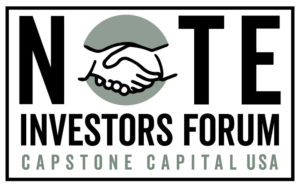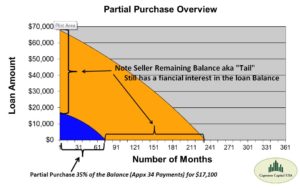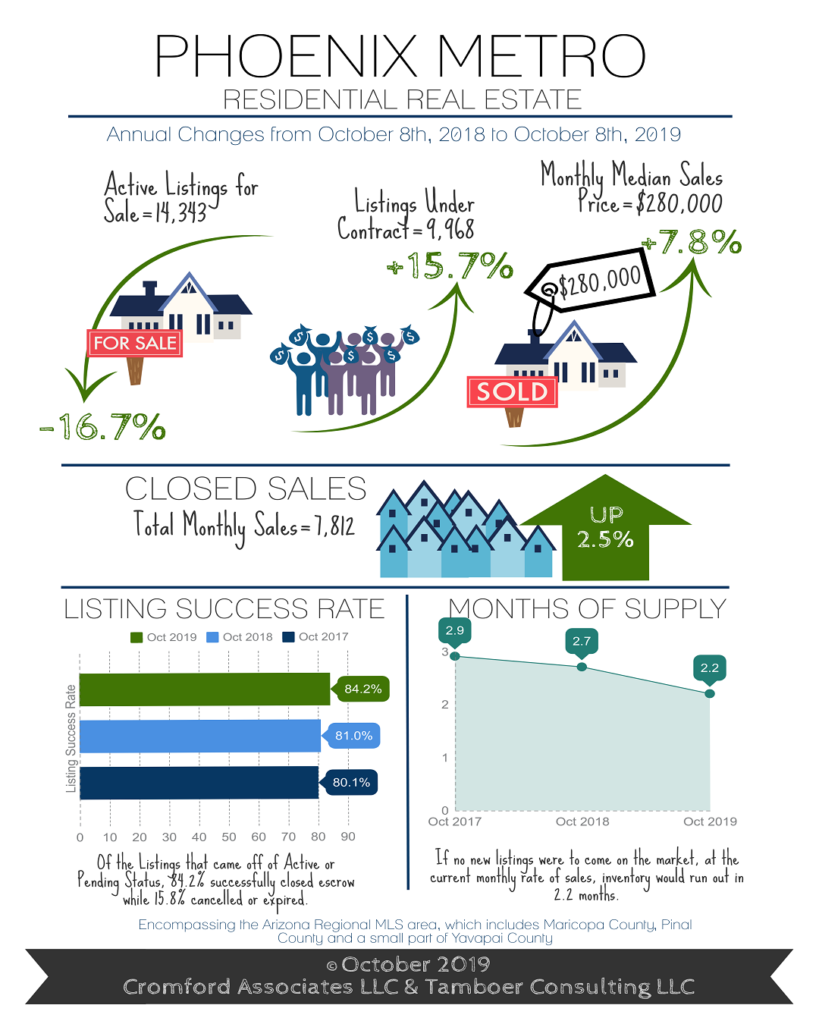Editors Note: The following was written by Michael Maharrey and appeared in shiffgold.com.
While is is written by the Gold expert Peter Schiff, the principles, the overlay is expressed as to what is really going on in peoples thought processes.
Bottom line change is in the wind. JPMorgan Chase boss Jamie Dimon urged investors Wednesday to prepare themselves for turbulence in the market in the weeks ahead – warning that extraordinary financial circumstances were creating a potential “hurricane” for the economy.
“It’s a hurricane. Right now, it’s kind of sunny, things are doing fine, everyone thinks the Fed can handle this,” Dimon said during a conference sponsored by AllianceBernstein, according to Bloomberg.
“That hurricane is right out there, down the road, coming our way,” he added. “We just don’t know if it’s a minor one or Superstorm Sandy or Andrew or something like that. You better brace yourself.”
We cannot hide from what is coming. My question to you is, ” Do you have the financial resources if your note payor stops paying? What is your backup plan? Capstone Capital USA has the resources to provide you a lump settlement for all or for a portion of your seller financed mortgage. We will provide a fair market FREE quotation.
Doesn’t it make sense to be proactive while the payor is still current with their payments vs being late causing you to market a note with a developing  poor pay history? Read on…I believe you may identify with the following narrative……….
poor pay history? Read on…I believe you may identify with the following narrative……….
_________________________
Average people are worried about the economy. Consumer confidence has been falling. People undoubtedly feel the squeeze of inflation. But despite their general discontent, most people don’t seem to think a severe economic downturn is imminent — despite many warning signs.
Why not?
Peter Schiff has been warning that a recession is in all likelihood already here. In a recent interview on NTD News, he emphasized that the economic downturn will be much deeper than anybody expects.
I don’t think it’s going to be a mild recession. I think this recession is going to be worse than the Great Recession that started following the 2008 financial crisis.”
But most people remain sanguine about the economy. They may fret a bit about ongoing inflation – as reflected in the consumer sentiment numbers – but they assume the Fed will be able to tame the inflation dragon with some modest monetary tightening. They even concede this might cause a minor recession, but the mainstream believes Jerome Powell when he claims the economy is strong enough to handle higher interest rates and some balance sheet reduction. Virtually nobody besides Schiff and a few other contrarians sees anything major economic problems coming down the pike.
But as Schiff pointed out in that same interview, nobody saw the 2008 recession coming either.
In fact, when we were six or seven months into that recession, the Federal Reserve and other economists still claimed that there was no recession anywhere in sight. So, this recession is going to be much worse than that one.”
In retrospect, the signs of a housing crash were pretty obvious in 2006 and early 2007. It was apparent that there were serious problems in early ’08. But almost nobody in the mainstream saw the financial crisis and Great Recession coming. Like today, there were only a few voices in the wilderness sounding a warning.
Why is it that so few people are prepared for economic crashes when the warning signs are so obvious?
There are certainly many factors, but one likely reason people don’t can’t see the train hurtling down the tracks is a psychological phenomenon known as “normalcy bias.”
In a nutshell, normalcy bias is a form of denial based on the assumption that everything will continue as normal. Bocoran pola gacor hari ini.
Here’s a more formal definition.
Normalcy bias is a psychological state of denial people enter in the event of a disaster, as a result of which they underestimate the possibility of the disaster actually happening, and its effects on their life and property. Their denial is based on the assumption that if the disaster has not occurred until now, it will never occur.”
In simple terms, it’s the “it can’t happen to me (or us)” syndrome.
Normalcy bias leads to inaction. It’s one of the reasons people often ignore hurricane warnings. The assumption is “we haven’t ever had a hurricane yet, and if we do, it probably won’t be that bad.”
According to PsycholoGenie, there may be some evolutionary basis for normalcy bias.
There is a theory that associates normalcy bias with the evolutionary aspect, that suggests that paralysis gives an animal a better chance of survival because predators are less likely to attack and feed on something that isn’t moving.”
That’s great if predators are hunting you in the jungle. It’s not so great if an economic disaster is looming.
I think normalcy bias is one of the reasons the Federal Reserve’s transitory inflation narrative gained so much traction. Despite the money printing after the 2008 financial crisis, consumer prices never rose as many predicted. Instead, inflation manifested in asset prices, particularly stocks and real estate. This led Fed policymakers to assume they could do quantitative easing again – and even double down on it – without severely impacting consumer prices. Of course, the dynamics were different during the pandemic. Not only was the Federal Reserve printing trillions of dollars, but the US government was also handing out cash in the form of stimulus checks, even as most Americans were sitting at home producing nothing. This was a recipe for rapidly rising consumer prices.
But normalcy bias kicked in. We were told, “Inflation didn’t happen before, so don’t worry, it won’t happen now.” An assumption set in – things will continue as they always have. And when prices started to spike, these same people assured us that it was transitory. All along, Schiff was warning that inflation wasn’t transitory. But pretty much nobody listened.
Similarly, I think normalcy bias has played a role in gold and silver’s lackluster performance in recent months. As Schiff put it in a video on the recent performance of gold, “Even though we have a lot of inflation today, investors still think we won’t have inflation tomorrow.”
Because the Fed has been able to raise interest rates to keep inflation at bay in the past, the mainstream just assumes it will be able to modestly raise rates and keep inflation at bay this time around. Never mind that there are different dynamics in play and plenty of signs that inflation will likely remain entrenched over the coming months. Normalcy bias has blinded people to the fact that it would require a Paul Volker style hike to push real interest rates into positive territory — the only cure for inflation.
At some point, reality will cut through the normalcy bias. It always does. But when the mainstream wakes up, it’s too late.
As you survey the economic landscape, be aware of normalcy bias. There is no reason to assume things will continue as they always have. Keep your eyes on the economic data, analyze it objectively and keep basic economic principles in mind. And then, prepare accordingly.











